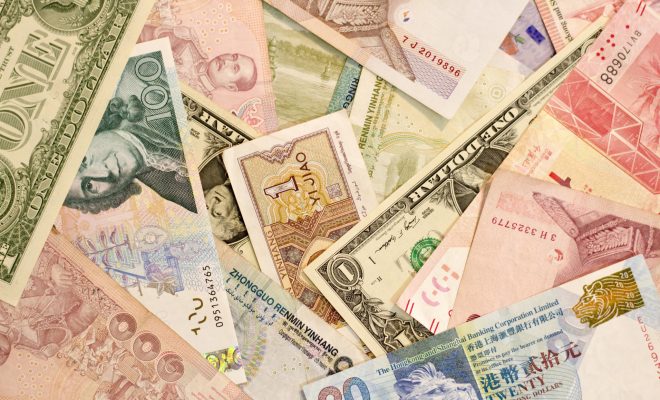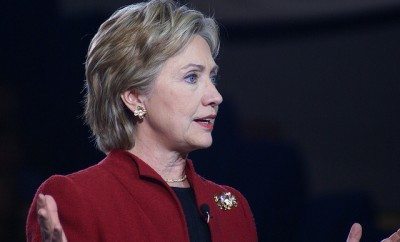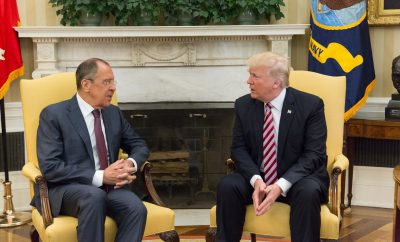 Image Courtesy of [Japanexperterna.se via Flickr]
Image Courtesy of [Japanexperterna.se via Flickr]
World
$400 Million Payment to Iran Connected to Hostage Release, State Dept. Says
A hostage exchange with Iran in January depended on a U.S. payment of $400 million, State Department spokesman John Kirby said on Thursday. While “we don’t pay ransom,” Kirby said, the U.S. sought “maximum leverage” because “Iran has not proved completely trustworthy in the past.” He added: “There were opportunities we took advantage of, and as a result we got American citizens back home.”
When the cash element of the exchange was reported a few weeks ago, President Obama and the State Department denied any link between securing the hostages–a Washington Post reporter, a marine, and a pastor–and the payment. Thursday represents the first time the administration addressed the hostages’ return as being contingent on the $400 million. But while Republicans in Congress who oppose the softened stance the U.S. has taken with Iran viewed Kirby’s admission as proof the payment was a ransom, Kirby stopped short of labeling it as such, referring to it only as “leverage.”
Reporter to John Kirby: “It seems like such a ridiculous explanation it shocks me that you’re actually providing it”https://t.co/typHndIq1Q
— CSPAN (@cspan) August 18, 2016
“If it quacks like a duck, it’s a duck. If a cash payment is contingent on a hostage release, it’s a ransom. The truth matters and the president owes the American people an explanation,” said Senator Ben Sasse (R-NE) on Thursday.
Kirby maintains the cash payment–which was part of a $1.3 billion sum the U.S. owed Iran from a botched arms deal in the 1970s–was negotiated separately from the hostage negotiations. The day the exchange took place at an airport in Tehran, January 17, was also the same day the Iran nuclear deal was officially implemented. All three negotiations–the $400 million, the nuclear deal, the prisoner return–were separate, according to Kirby, but it was convenient to carry them all out on the same day.
Obama and the State Department issued statements after the Wall Street Journal first reported the cash element in early August that seem to contradict what Kirby said on Thursday. “This wasn’t some nefarious deal,” Obama said on August 4, the day after the report came to light. “We do not pay ransom for hostages,” he added. And Kirby sent out a tweet the same day that said: “Reports of link between prisoner release & payment to Iran are completely false.”
But the way things shook out that day in January, there seemed to be a link between the hostages being released and the payment being made, a point Kirby made on Thursday. The $400 million–denominated in foreign bills like Swiss Francs and Euros–sat on a plane in Geneva as the American hostages boarded a plane in Tehran. State Department officials did not green light the plane with the cash to takeoff for Tehran until the prisoners were confirmed to have departed. Kirby, in front of a group of prodding, aghast reporters, refused to label the transaction as a ransom while admitting the payment was “contingent” upon the prisoner release.








Comments